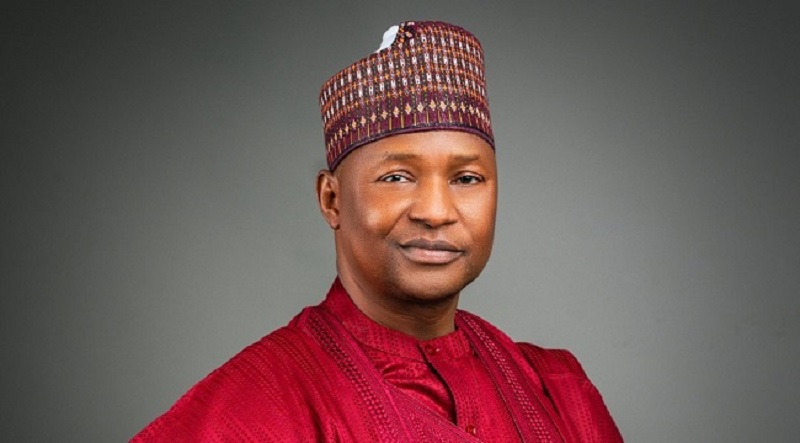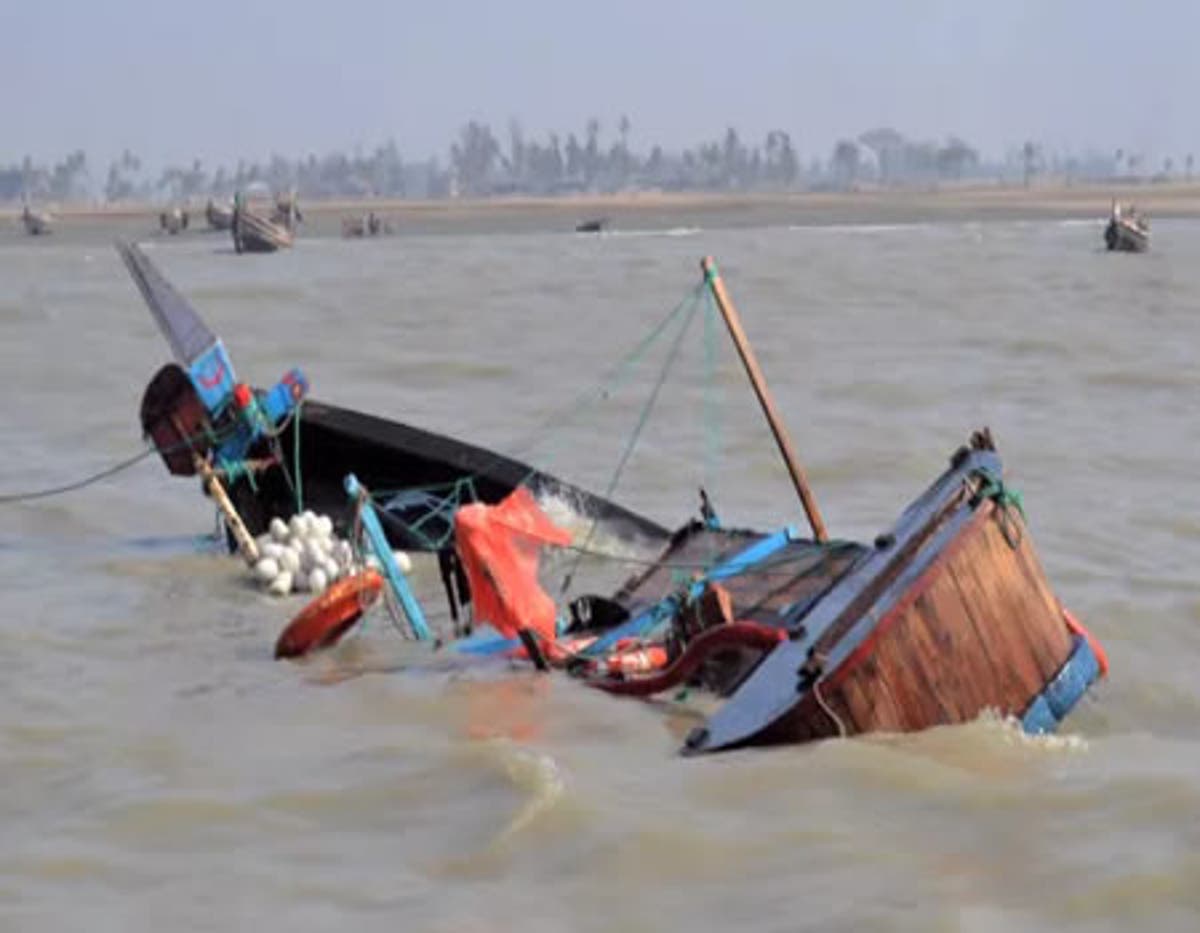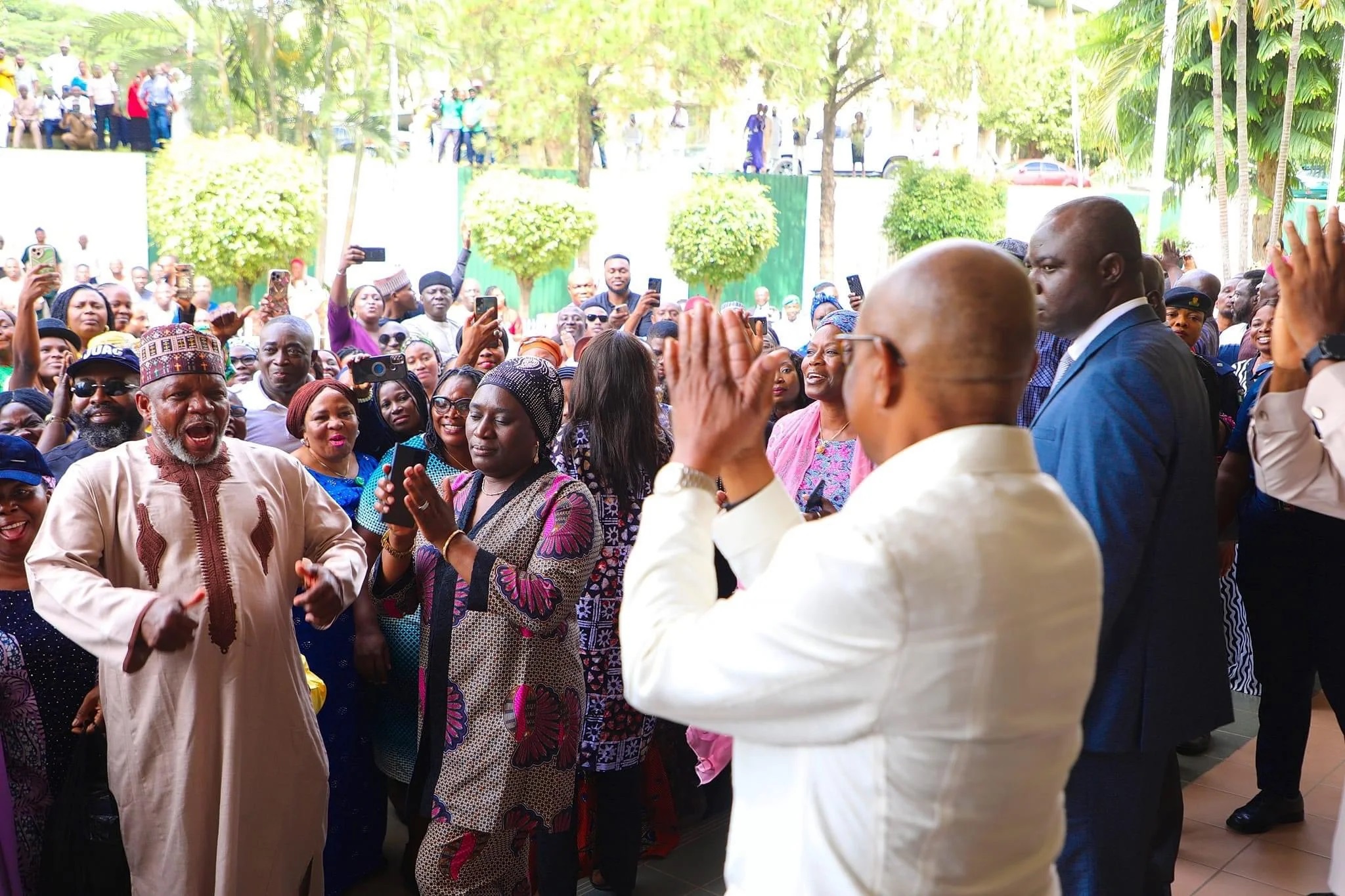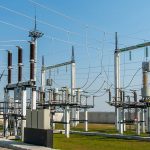General
Investment in Female Founders is Our Collective Responsibility

By Nitin Gajria
So goes the old adage: The hand that rocks the cradle, rules the world. While some might find depth and truth in this saying, others might beg to differ based on realities that determine the social challenges women face the world over.
So, as we move rapidly toward the middle of the 21st-century, how can we be effective allies in support of the cause to level the playing field and empower women, right here on the continent, with tangible opportunities for stepping into the leadership role proposed by this idiom?
The Balance defines economic power as the ability for countries, businesses or individuals to improve their standard of living. This increases their freedom to autonomously make decisions that benefit them, while reducing the ability of any outside force to impact their freedom. The key to dismantling the structural challenges women face, therefore, lies in strengthening their economic power.
These challenges are numerous and, according to the African Development Bank, they continue to drive gender inequality and even limit the continent’s progress in totality. In a similar vein, challenges identified, at the Africa Union Gender Pre-Summit on the 2016 African Year of Human Rights, as pressing for women included, but were not limited to, economic exclusion and discrimination from financial systems.
Despite these odds, however, African women repeatedly feature at the top of global surveys on entrepreneurship with the United Nations (UN) reporting that the 27% female entrepreneurship rate in Africa is the highest in the world. The UN goes on to warn, however, that most female-led enterprises in Africa are small businesses with few growth opportunities while also citing that female entrepreneurs are not evenly spread across the continent.
The reality-check list on the continent’s state of female entrepreneurship is long and includes greatly uneven access to funding for female entrepreneurs when compared with their male counterparts. For example: from January 2019 to April 2020, 13.4% of the 276 disclosed deals went to companies with at least one female on the founding team and this was just 5.7 % of the total invested capital. Within the first 4 months of 2020, this declined to 3.2%.
Moreover, while venture capital funding for startups across the continent in 2017 reached an all-time high of more than $500 million, representing a 53% year-on-year increase, only $30 million (5.3%) went to companies with female co-founders. Of the $725.6 million in funding that was invested across the African continent in 2018, only 2% went to women-owned or women-led businesses. Meanwhile, the e-Conomy Africa 2020 report by the IFC and Google highlighted that women comprise 20% of the total population of developers in Africa.
Even with the numbers noticeably low, African women constantly endeavour to push through, despite the structural hurdles they face – and it shows. The startup ecosystem has begun to create opportunities for women who code across the region.
Beyond the continent’s own economic growth, economic power afforded to women (through investments made in their entrepreneurial pursuits) will go a long way in reclaiming their social standing and in reclaiming their rights in areas such as education, safety and personal freedoms. Empowering female entrepreneurs is essential for both economic and social development on the continent.
Google,org recently partnered with the Tony Elumelu Foundation giving a $3M grant to provide rigorous entrepreneurship training, mentorship, coaching, access to networks and key markets to at least 5000 women.
There will also be $5,000 in seed capital in the form of one-time cash grants to 500 African women informal business-owners in rural and low-income communities across Nigeria, South Africa, Kenya and select Francophone countries.
This is part of the 2021 Tony Elumelu Foundation Entrepreneurship Programme, preparing women to navigate their businesses through the start-up and early growth phase. We are determined to help female entrepreneurs grow their businesses by creating initiatives that go beyond just allowing capital and by providing relevant training.
In most emerging economies, entrepreneurship is the path to job creation and income generation and it can be a solution to reducing inequalities among men and women. By tackling systemic barriers-to-entry, and facilitating meaningful participation in entrepreneurship, we hope to encourage women to become entrepreneurs.
Through programmes that support women with funding, we will generate prosperity in Africa. We hope that the idiom, The hand that rocks the cradle, rules the world, will have real and unequivocal resonance.
Nitin Gajria is the MD of Google Africa
General
DSS Accuses Malami, Son of Terrorism Financing in Court

By Adedapo Adesanya
The Department of State Services (DSS) has arraigned the former Attorney General of the Federation (AGF) and Minister of Justice, Mr Abubakar Malami, and his son, Mr Abudlazizz Malami, on a five-count charge of abetting terrorism financing and illegal possession of firearms.
They were arraigned before Justice Joyce Abdulmalik of the Federal High Court in Abuja, where they pleaded not guilty to the charges.
In the charge, the former AGF was accused of knowingly abetting terrorism financing by refusing to prosecute terrorism financiers whose case files were brought to his office as the AGF in the last administration for prosecution.
Recall that the secret police had arrested Mr Malami, shortly after his release from Kuje prison in Abuja more than two weeks ago after Justice Emeka Nwite of the Federal High Court in Abuja granted him and two others bail in the sum of N500 million in another case involving the Economic and Financial Crimes Commission (EFCC).
Mr Malami and his son are also accused by the DSS of engaging in conduct in preparation to commit act of terrorism by having in their possession and without licence, a Sturm Magnum 17-0101 firearm, 16 Redstar AAA 5’20 live rounds of Cartridges and 27 expended Redstar AAA 5’20 Cartridges.
His arrest in January followed weeks of reports of surveillance by the secret police in front of the prison facility since the time Mr Malami, his wife and son were remanded there over the money laundering charges.
As per reports, Mr Malami had gathered that he would be picked up upon regaining his temporary freedom and so decided to wait out the DSS. However, after his eventual emergence, the operatives took the ex-AGF into detention again.
General
Lagos Launches Coastal Community Responder Programme for Waterways Safety

By Adedapo Adesanya
The Lagos State Waterways Authority (LASWA) has initiated an inter-agency partnership with the Centre for Rural Development (CERUD) to establish the Coastal Community First Responder Programme (CCFRP).
The first responder programme is aimed at promoting safe and secure transportation across Lagos waterways.
The initiative was unveiled during a meeting between a LASWA delegation and officials of the Ministry of Local Government, Chieftaincy Affairs and Rural Development at the secretariat in Alausa.
Leading the LASWA team, Mr Olademeji Shittu said the programme is designed to reduce fatalities and material losses on Lagos waterways, particularly in hard-to-reach coastal communities.
According to Mr Shittu, the CCFRP will focus on empowering community volunteers through targeted capacity building for sustainable rural development, while also equipping them with relevant skills that can enhance employability within the maritime sector.
He noted that trained volunteers will serve as community-based first responders, working in close collaboration with LASWA to strengthen search and rescue operations.
Providing the rationale for the programme, Mr Shittu highlighted the recurring cases of marine incidents and fatalities on Lagos waterways, often worsened by delayed emergency response in remote coastal areas.
He explained that residents of these communities are usually the first on the scene during accidents, making it necessary to formalise their role through structured training and partnerships.
He added that the collaboration with CERUD will help create a sustainable framework that aligns community development with safety and emergency response, while fostering a sense of ownership and responsibility among coastal residents.
According to a statement, the Coastal Community First Responder Programme is expected to enhance emergency preparedness on Lagos waterways, improve response times during marine incidents, and contribute to safer water transportation across the state.
General
NLC, TUC Suspend Planned Protest, Ask FCTA Workers to Resume

By Adedapo Adesanya
The Nigeria Labour Congress (NLC) and the Trade Union Congress (TUC) have suspended their planned protest in the Federal Capital Territory and instructed workers under the Federal Capital Territory Administration (FCTA) to return to their duties with immediate effect.
The directive followed an overnight engagement involving labour leaders, the Minister of the FCT, Mr Nyesom Wike, and members of the Senate Committee on the FCT.
The meeting, which began late on Monday, stretched into the early hours of Tuesday, culminating in an agreement that led to the unions’ decision to halt the protest action and restore normal activities across FCTA offices.
This comes after Justice Emmanuel Subilim of the National Industrial Court issued an interim order restraining the NLC, TUC, and three others from embarking on any form of industrial action or protest.
Ruling on an ex-parte application filed by the Minister of the FCT and the FCT Administration, Justice Subilim granted an interim order restraining the 1st to 5th respondents and their privies or agents from embarking on strike pending the hearing of the motion on notice, also ordering the 5th-9th defendants who are security agencies to ensure no break down of law and order.
The ex-parte motion, which was filed by the counsel to Mr Wike and the FCTA, Ogwu Onoja, submitted that the Chairman of the FCT council had sent a message of mobilization to members and affiliated unions for a mass protest scheduled for February 3.
This move, he noted, was in violation of the orders of court, adding that after the ruling of the court on January 27, the order of the court was served on the defendants, same day the NLC and TUC issued a statement to all affiliated unions to intensify and sustain the strike.
The statement jointly signed by both unions directed that the striking workers should resume the strike as the unions’ counsel, Mr Femi Falana, has filed an appeal against the interlocutory ruling.
He further pointed out that With the statement, JUAC issued a circular directing all employees to continue the strike.
This position they say is aimed at causing break down of law and order in the Nations capital.
The court subsequently adjourned the case until February 10 for hearing.
-

 Feature/OPED6 years ago
Feature/OPED6 years agoDavos was Different this year
-
Travel/Tourism9 years ago
Lagos Seals Western Lodge Hotel In Ikorodu
-

 Showbiz3 years ago
Showbiz3 years agoEstranged Lover Releases Videos of Empress Njamah Bathing
-

 Banking8 years ago
Banking8 years agoSort Codes of GTBank Branches in Nigeria
-

 Economy3 years ago
Economy3 years agoSubsidy Removal: CNG at N130 Per Litre Cheaper Than Petrol—IPMAN
-

 Banking3 years ago
Banking3 years agoSort Codes of UBA Branches in Nigeria
-

 Banking3 years ago
Banking3 years agoFirst Bank Announces Planned Downtime
-

 Sports3 years ago
Sports3 years agoHighest Paid Nigerian Footballer – How Much Do Nigerian Footballers Earn











